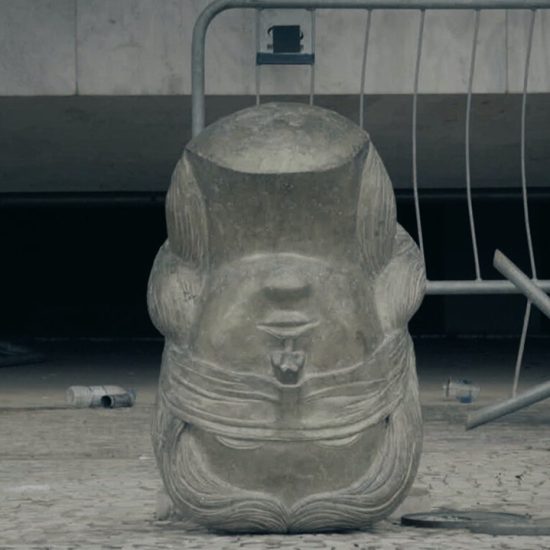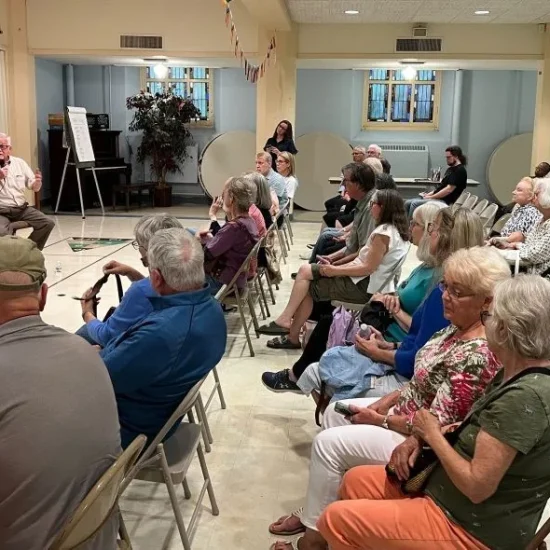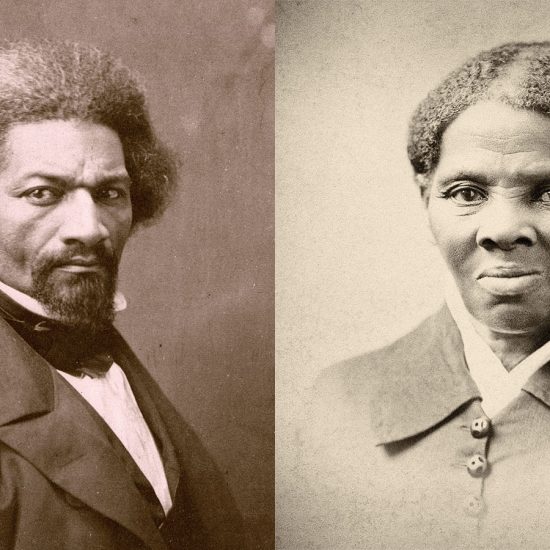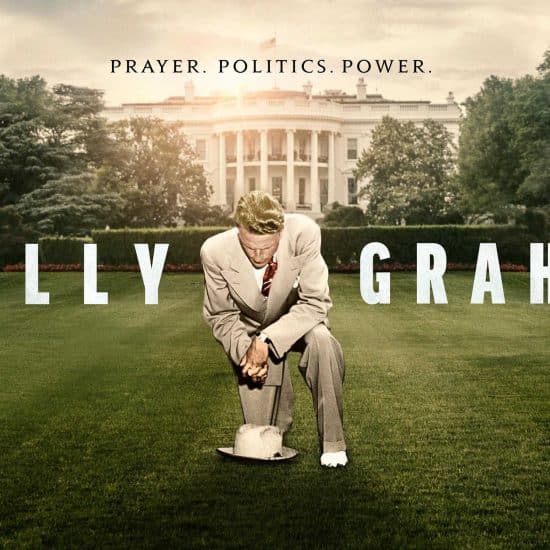By Bryce Chapman
Missouri Baptist University senior Michael Johnson clearly recalls standing on a corner of a downtrodden intersection in St. Louis one day last spring as he waited to interview Travis Tyler, a former gang member turned Christian rapper.
.jpg)
“We were four white guys who had never listened to rap music before, standing on a corner in the projects of St. Louis,” said Johnson, a senior technical communication major at MBU. “But because we were so out of our element, it helped us to tell a better story.”
A better story indeed. Johnson, along with MBU classmates John Shaw, Ricky Brewer and Nathan Gruen (see right form l-r), recently took home top awards from two national film festivals for their documentary on the impact Christian hip-hop music has made in downtown St. Louis. The 16-minute film, a capstone assignment for their Video Production II course, delved into the growing — and somewhat controversial —Christian rap movement and illustrated how it continues to transform lives.
The group was elated when their documentary, titled “Rhythm and Praise,” was accepted into two film festivals. The group was shocked when the documentary was selected as one of the best at both festivals. The group won the Redemptive Storyteller Award in the student division at the Redemptive Film Festival at Regent University in Virginia Beach, Va. Their work received the Jury’s Award from the Christian WYSIWYG Film Festival in San Francisco, Calif.
Surprisingly, the film’s successes are largely credited to the lack of knowledge group members possessed about the subject matter before starting the project.
“Going into the project, none of us had ever listed to rap music,” Gruen said. “As we interviewed one person at a time, it was contagious because of their passion. We wanted to tell their story.”
The group was determined to understand Christian hip-hop, scoring interviews with St. Louis’ leading Christian hip-hop rappers and spending substantial time in the downtown places where Christian hip-hop is growing. They even went so far as to host a Christian hip-hop concert at MBU in an effort to better understand the culture.
They learned a lot, even though it wasn’t always comfortable.
Tyler, who rapped with the likes of secular artists Juvenile and Bravehearts before joining the Christian hip-hop movement, showed up for the interview at that downtown intersection a few minutes late. It seemed like a lot longer than that, Johnson confessed, as he and his group stood on that rather inhospitable corner.
The uneasiness of that afternoon in downtown St. Louis was, in fact, only a small piece of a project that repeatedly forced the group to forego their inhibitions.
“It was definitely more about spreading the word of Christ than anything else,” Shaw said.
Now, they’re hoping viewers of the documentary will open their minds to this unconventional form of evangelism.
“We felt strongly that middle-class, evangelical America needed to hear this story,” Gruen said. “It became prevalent that God was using rap music to change people’s lives and the gang culture altogether.”






